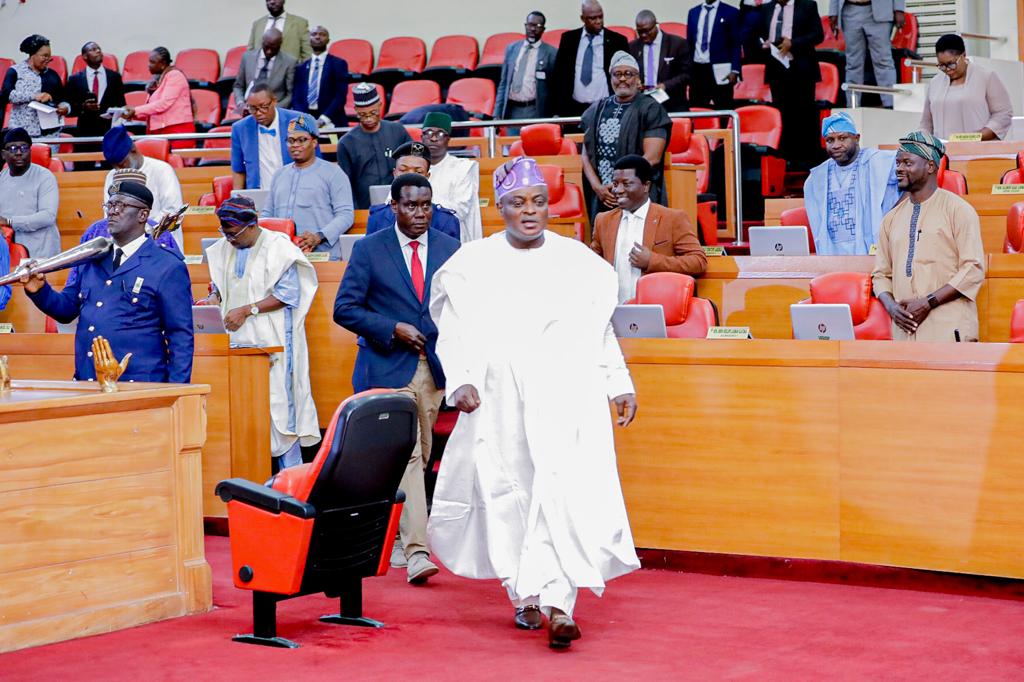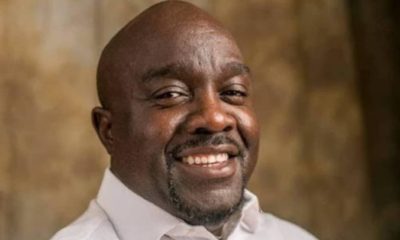News
Lagos 2024 Budget Scales Second Reading – Speaker Obasa commits proposal to joint committees

The Speaker of the Lagos State House of Assembly, Rt. Hon. Mudashiru Obasa, on Monday committed the 2024 Appropriation Bill presented last Wednesday by Governor Babajide Sanwo-Olu to a joint-committee of the House for proper scrutiny.
Dr. Obasa urged the joint-committee on Economic Planning and Finance to ensure it works hard enough to produce a well-scrutinised budget in three weeks for the benefit of the people of Lagos State.
This was as the N2.24 trillion budget scaled second reading at a plenary presided over by the Speaker.
The budget has a Capital Expenditure of N1.224 trillion and a Recurrent Expenditure of N1.023 trillion and lawmakers, who spoke about it applauded Governor Sanwo-Olu for presenting an estimate that is workable if some parameters are considered.
Hon. Sa’ad Olumoh, chairman of the Committee on Economic Planning, said the budget aims to address various issues resulting from the removal of subsidy and exchange rate. He added that the budget should be made to minimise waste.
Hon. Femi Saheed who heads the Finance Committee said with the budget, Lagos is moving away from relying on federal allocations while his colleague, Hon. Kehinde Joseph, said the budget should address situations where some agencies of government exist in rented buildings.
On his part, Hon. Sanni Okanlawon described the proposal as a developmental budget because it aims to address ongoing projects like the red and purple rail lines.
In his contribution, Deputy Majority Leader Adedamola Richard Kasunmu said “the budget can be self-sustaining and realistic if the right thing is done according to what the Speaker said during the budget presentation.”
He added that focus should be given to health and education.
Hon. Desmond Elliot called for an improvement in the budget for social protection so as to effectively reach the people while Hon. Nureni Akinsanya said applications for Certificates of Occupancy can be made lighter for the government to make more money.

























